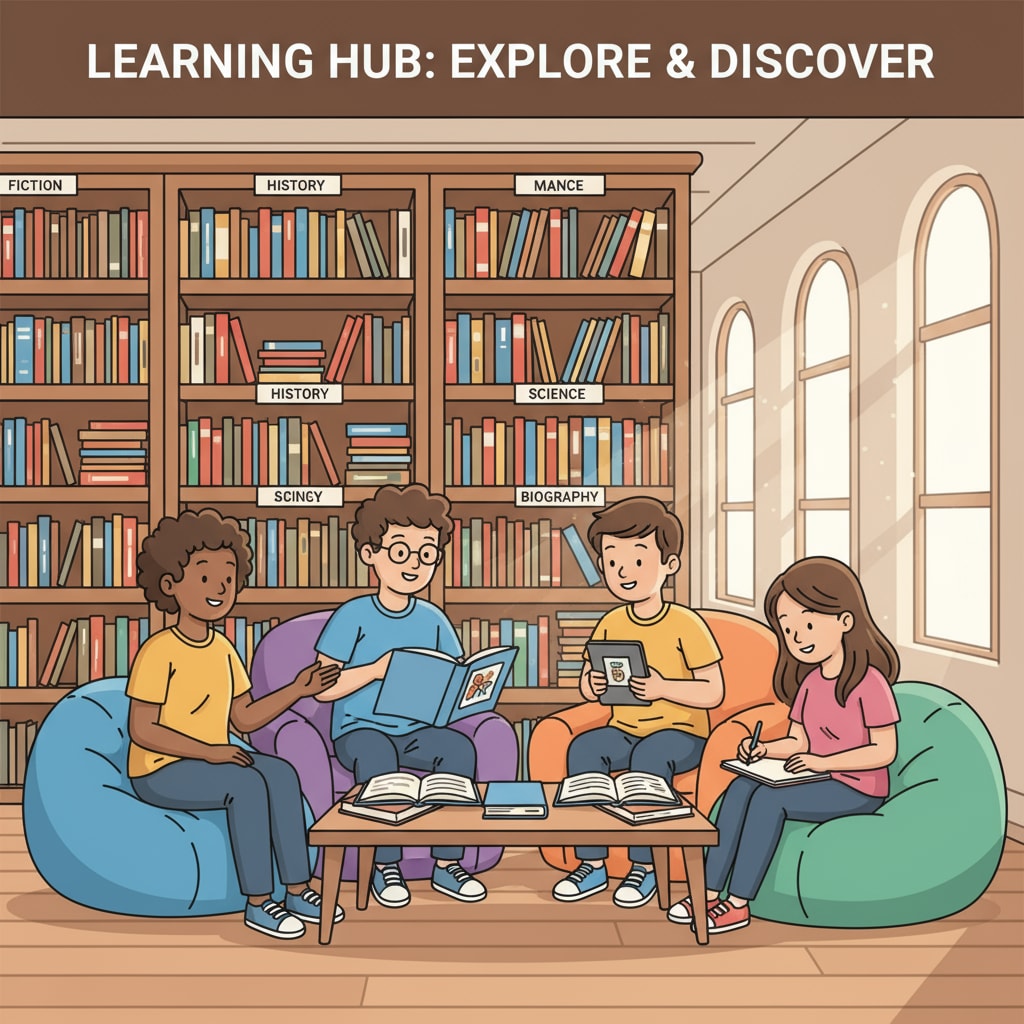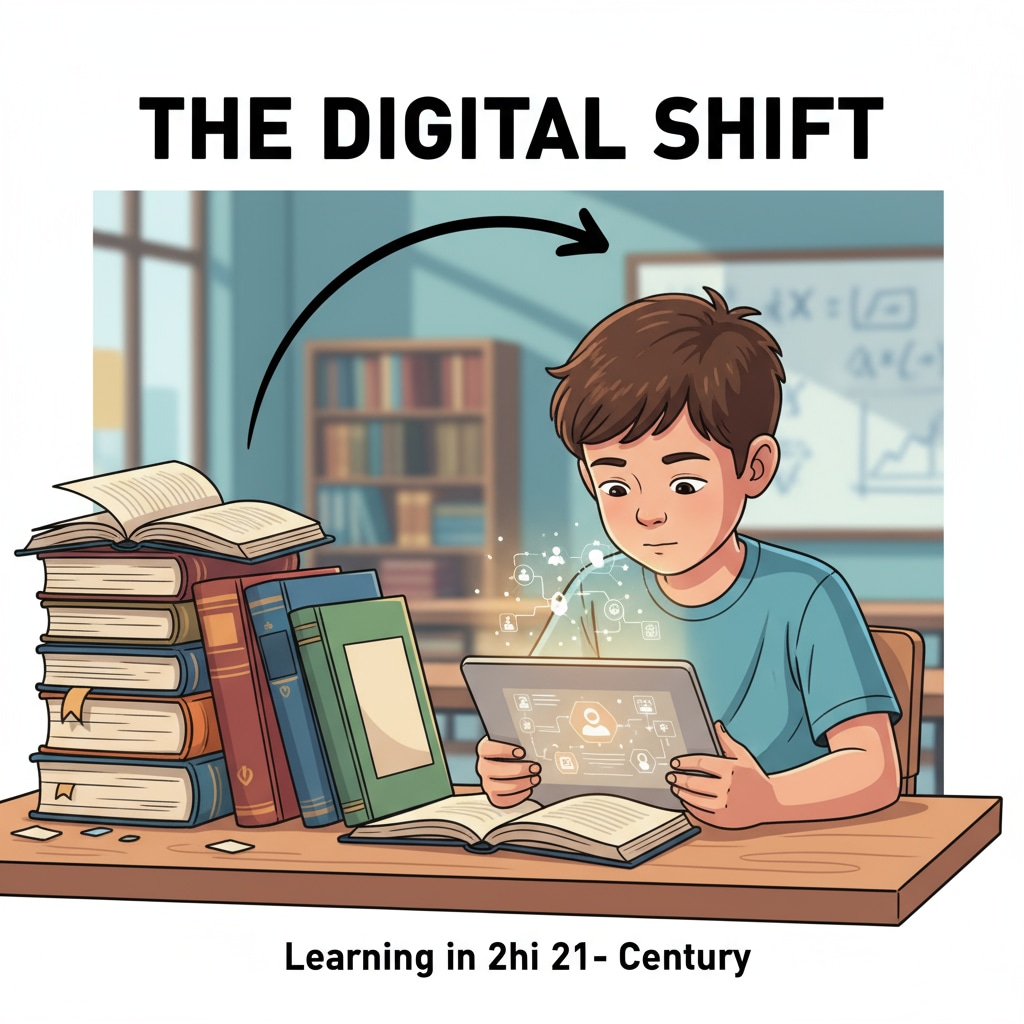Literacy, democracy, and reading habits are intricately woven together, and the current decline in literary literacy among K12 students is a cause for great concern. Reading is not merely a pastime; it is the cornerstone of a well – informed and engaged citizenry, which is vital for a healthy democracy.

The Decline of Reading Habits
In recent years, there has been a notable decline in reading habits among K12 students. With the rise of digital media and the allure of instant entertainment, fewer students are picking up books. According to a report by the National Center for Education Statistics National Center for Education Statistics, the percentage of 9 – year – olds who read for fun almost every day has decreased significantly. This shift away from reading has a direct impact on their literary literacy development.

The Link between Literacy and Critical Thinking
Literary literacy is crucial for the development of critical thinking skills. When students read literature, they are exposed to different perspectives, complex characters, and moral dilemmas. This exposure forces them to analyze, interpret, and evaluate information. As defined by the International Reading Association International Reading Association, literacy involves not only the ability to read and write but also to think critically. Without strong literary literacy, students may struggle to form well – reasoned opinions, which are essential for democratic participation.
For example, in a democratic society, citizens need to be able to analyze political speeches, understand social issues, and make informed decisions. A lack of literary literacy can hinder their ability to do so effectively.
The Impact on Future Citizenship
The decline in literary literacy among K12 students portends a potential threat to future citizenship. In a democracy, an informed and engaged citizenry is necessary for the proper functioning of the government. When students do not develop strong reading habits and literary literacy, they may be less likely to participate in civic activities, such as voting or community engagement.
In addition, they may be more vulnerable to misinformation, as they lack the critical thinking skills developed through reading literature. This can have a negative impact on the democratic process, as misinformed citizens may make decisions that are not in the best interest of society.
Readability guidance: As seen above, we have used short paragraphs to present key points. Each section has a clear focus, whether it’s about the decline of reading habits, the link to critical thinking, or the impact on citizenship. Transition words like “for example” and “in addition” have been used to connect ideas smoothly. The use of external links provides reliable sources of information, and the images help to illustrate the concepts discussed.


